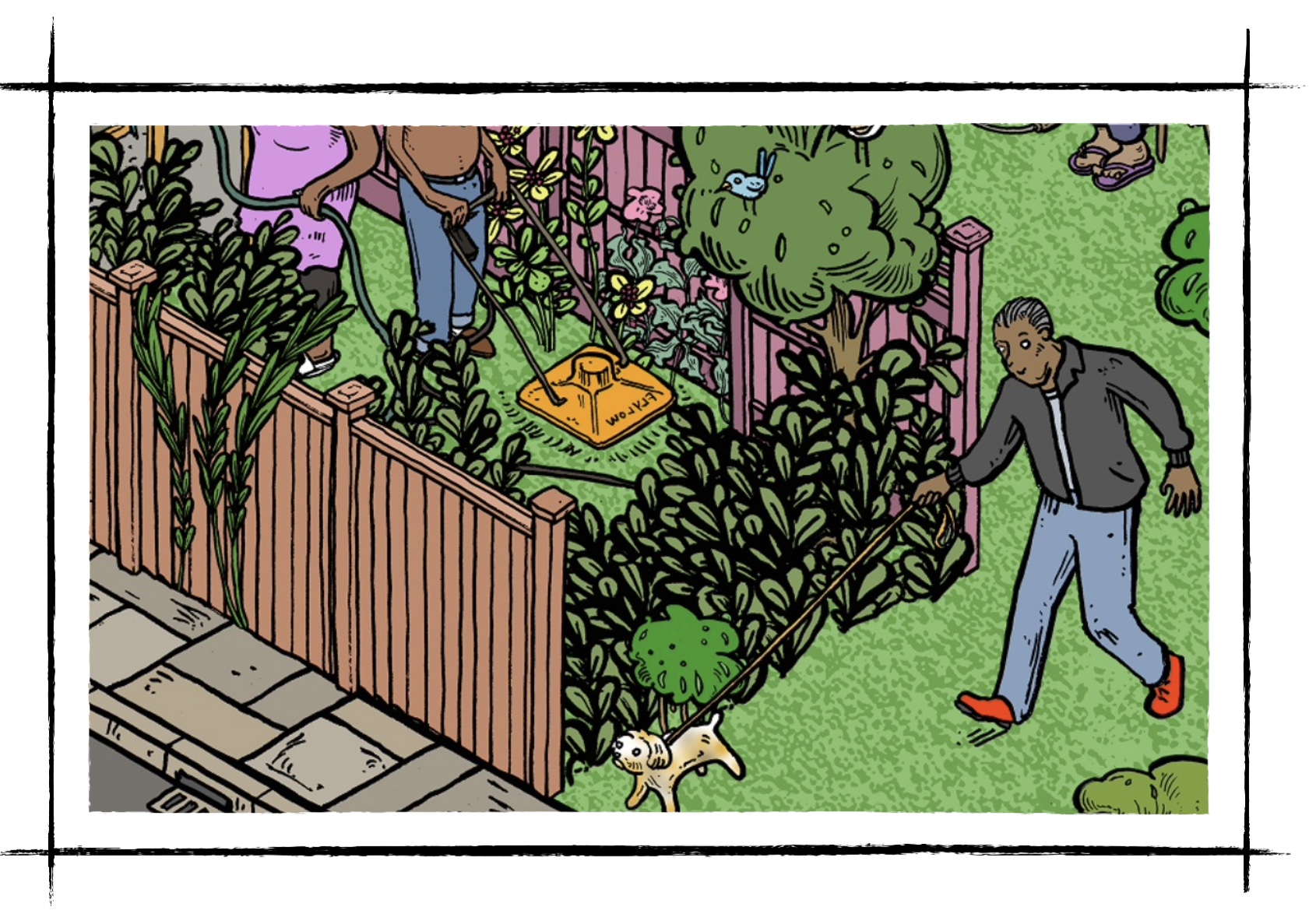Walk, meet the world on its wandering
terms, answer an ever-yearning
to find your place. In the dark
bat-like, craving echoes to know
each obstacle's position, I take
a step, but cannot hear it yet
over the low drum roll of traffic, endless
polluting prelude to magic that fails
there’s no great car democracy
do you remember them gone, the street
ceasefire when, to beat a virus, people put
their vehicle weapons down
then I heard children talking
saw them chalking pavement rainbows
heard overhead the joy orchestra of birds
and my footsteps sounded again
like a friend window tapping for attention
each stride the world calling, waving back
APA style reference
Simms, A. (2021).
Tapping by Andrew Simms.
walk · listen · create.
https://walklistencreate.org/2021/09/01/tapping-by-andrew-simms/



Loved the joy orchestra, cars as weapons, and the last few lines tapping on the window. A poem full of noises, sound sensations.